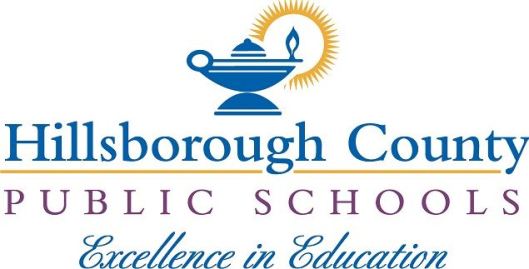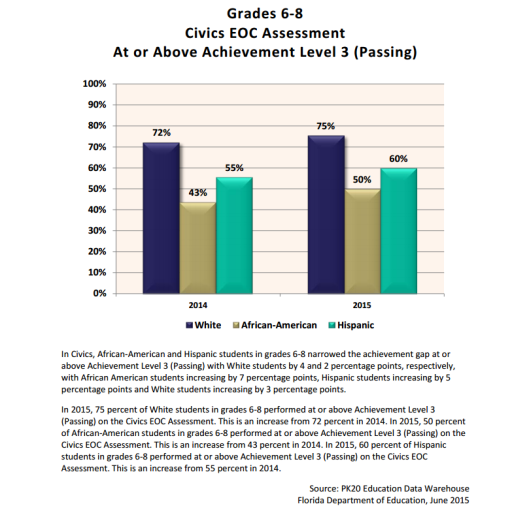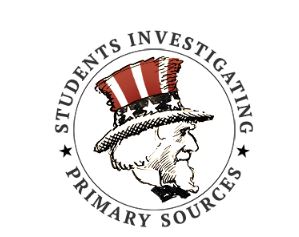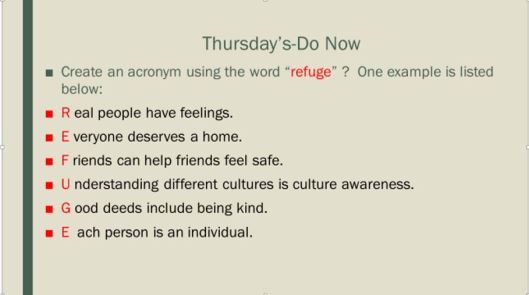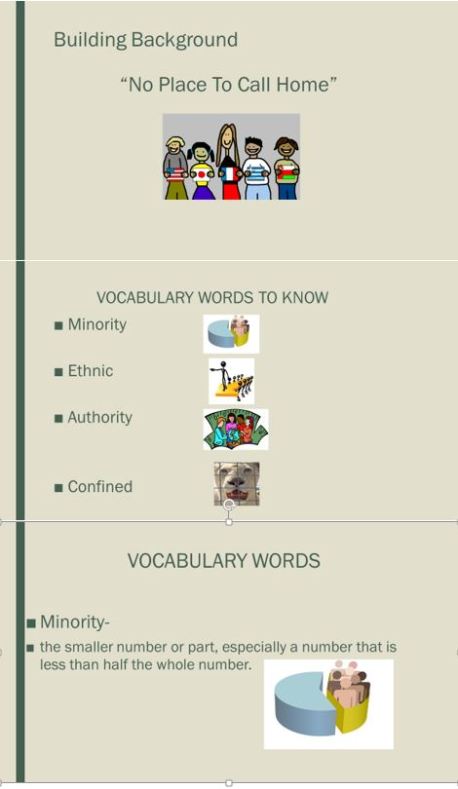SOURCES Annual Conference
University of Central Florida
Orlando, Florida
Saturday, January 14, 2017
The Teaching with Primary Sources Program at the University of Central Florida (TPS-UCF) will be hosting the third annual SOURCES Annual Conference at the University of Central Florida on Saturday, January 14, 2017. The SOURCES Annual Conference is a free opportunity available to any educators interested in the utilization and integration of primary sources into K-12 teaching. Presenters will focus on providing strategies for using primary sources to help K-12 students engage in learning, develop critical thinking skills, and build content knowledge, specifically in one or more of the following ways:
Justifying conclusions about whether a source is primary or secondary depending upon the time or topic under study;
Describing examples of the benefits of teaching with primary sources;
Analyzing a primary source using Library of Congress tools;
Accssing teaching tools and primary sources from www.loc.gov/teachers;
Identifying key considerations for selecting primary sources for instructional use (for example, student needs and interests, teaching goals, etc.);
Accessing primary sources and teaching resources from www.loc.gov for instructional use;
Analyzing primary sources in different formats;
Analyzing a set of related primary sources in order to identify multiple perspectives;
Demonstrating how primary sources can support at least one teaching strategy (for example, literacy, inquiry-based learning, historical thinking, etc.); and
Presenting a primary source-based activity that helps students engage in learning, develop critical thinking skills and construct knowledge.
Dr. Michael Berson and Dr. Ilene Berson, of the University of South Florida, and Bert Snow, of Muzzy Lane Software, will provide the Keynote Presentation, Historical Inquiry with Primary Sources: The Kid Citizen App for Young Learners. In this session, they will discuss about and present ways in which educators can use an application that they collaboratively developed in order to foster young children’s inquiry with Library of Congress primary sources focusing on Congress and civic participation. Templates to add content will be demonstrated. Additional session titles include the following:
· Primary Source Analysis in Elementary Grades: A Tool for Building Critical Literacy Skills
· Integrating Current Events and Geography into Social Studies Curriculum
· Examining the Cold War through Primary Sources
· Teaching with Primary Sources through A Geography Lens
· Making Texts Accessible: Situated Word Learning and Scaffolded Inquiry
· WGBH/PBS Learning Media: US History Interactive Modules for Grades 9-12
· Venture Smith’s Real Voyage
· Building Civic Competencies with Primary Sources
· Teacher-Leaders & Professional Development
· Library of Congress Resources – BYOD
· Emerging Technologies for Promoting Inquiry: A Top 10 List
· The Kids Are Alright: Children from the Past Tell Their Stories
· Archiving It! – K-12 Web Archiving Program
· Using Primary Sources to Engage All Learners in U.S. History
· Finding a Voice in History Using Found Poetry to Construct Meaning
· Social Studies and Social Media: Engaging Students in their Medium
· The Interactive Constitution: Non-partisan Civics Education for 21st Century Classrooms
· Island in Transition: How Cuba’s Past will Influence its Future
· Exploring the History of Local Schools
· Hollywood or History? Using Primary and Secondary Source to Analyze Film
· Examining the Civil Rights Movement from a Historian’s Eye
· Emerging Technologies for Promoting Inquiry: A Top 10 List
· Kindergarten Historians and the Power of Primary Sources
· Student-created History Labs for the Secondary Classroom
· Perspectives & Voices from Reconstruction
· Myth-Making in the News: Tracing Sojourner Truth’s Legacy
· Leveraging Library of Congress Materials to Teach Second Order Historical Concepts
Registration is free and is open for the SOURCES Annual Conference. Register now: http://www.sourcesconference.com/registration.




